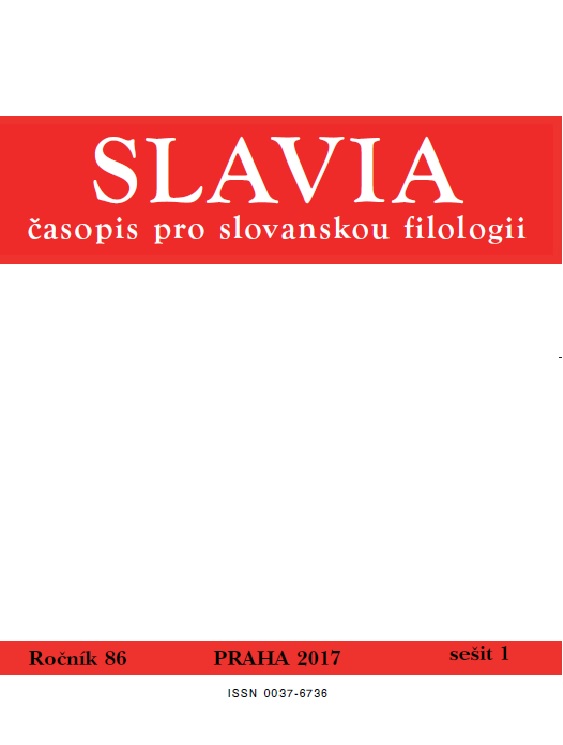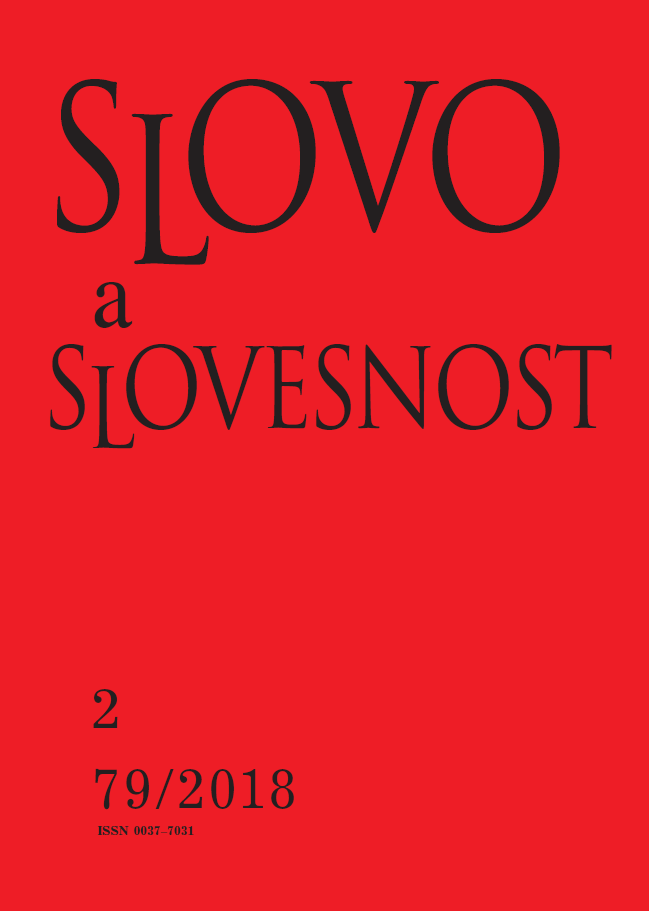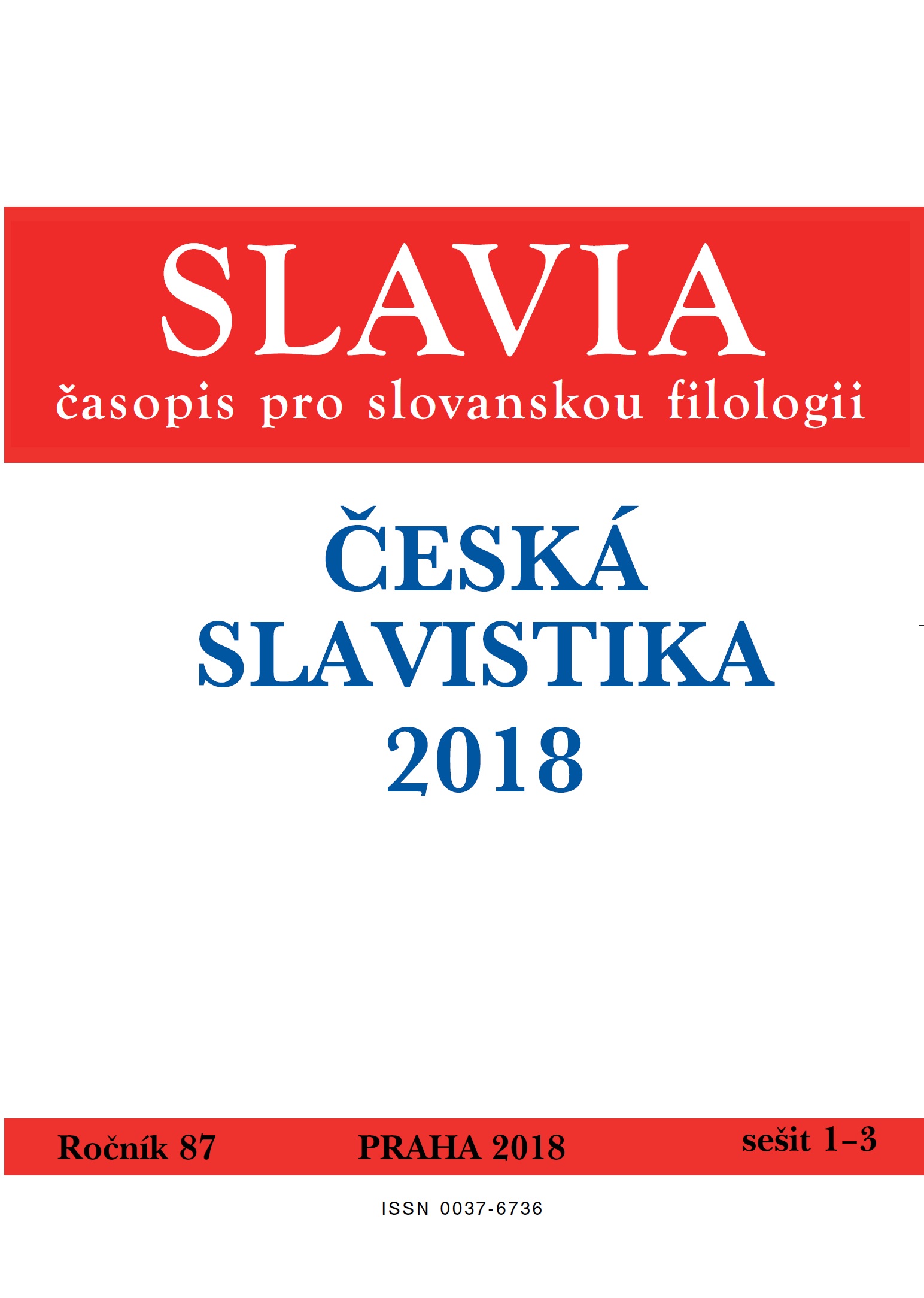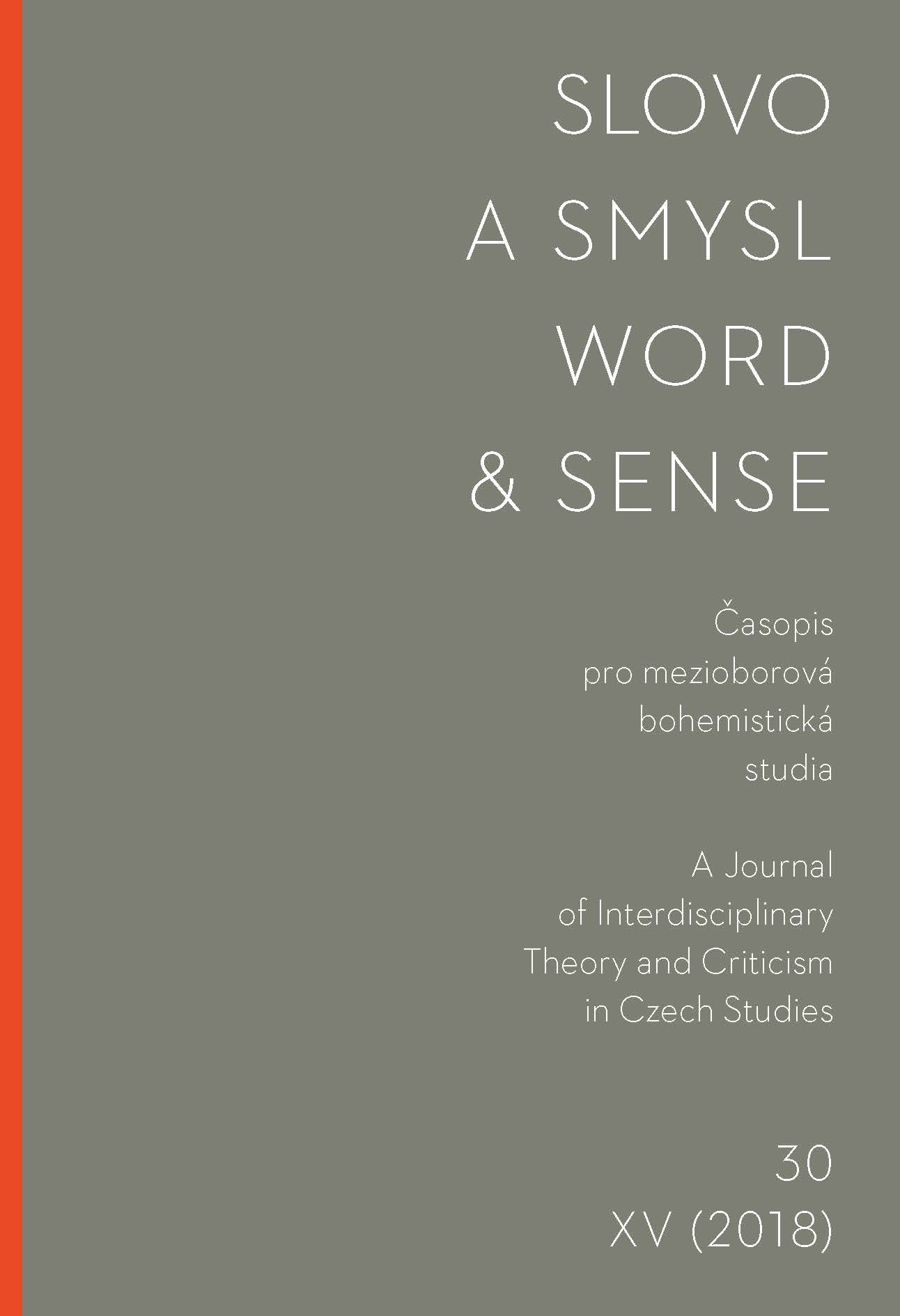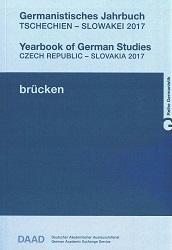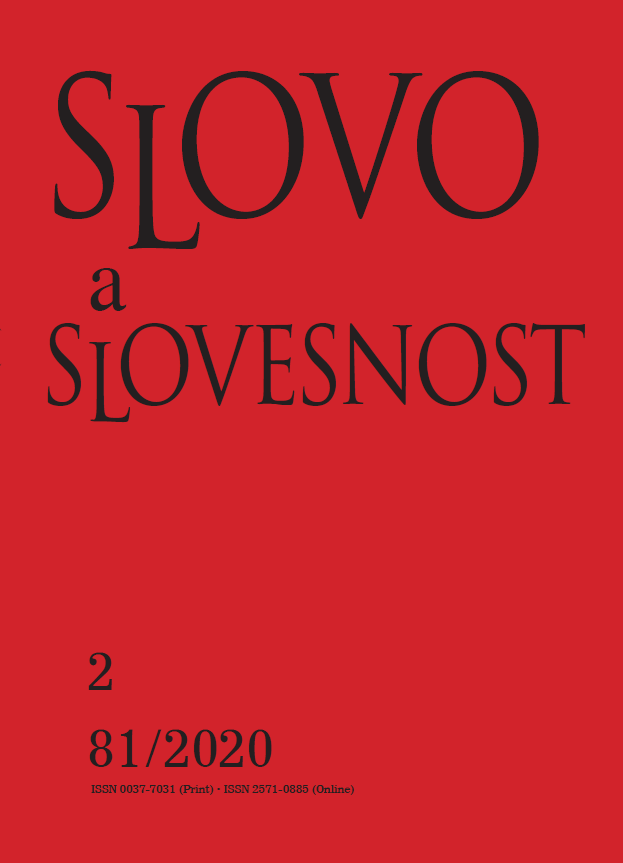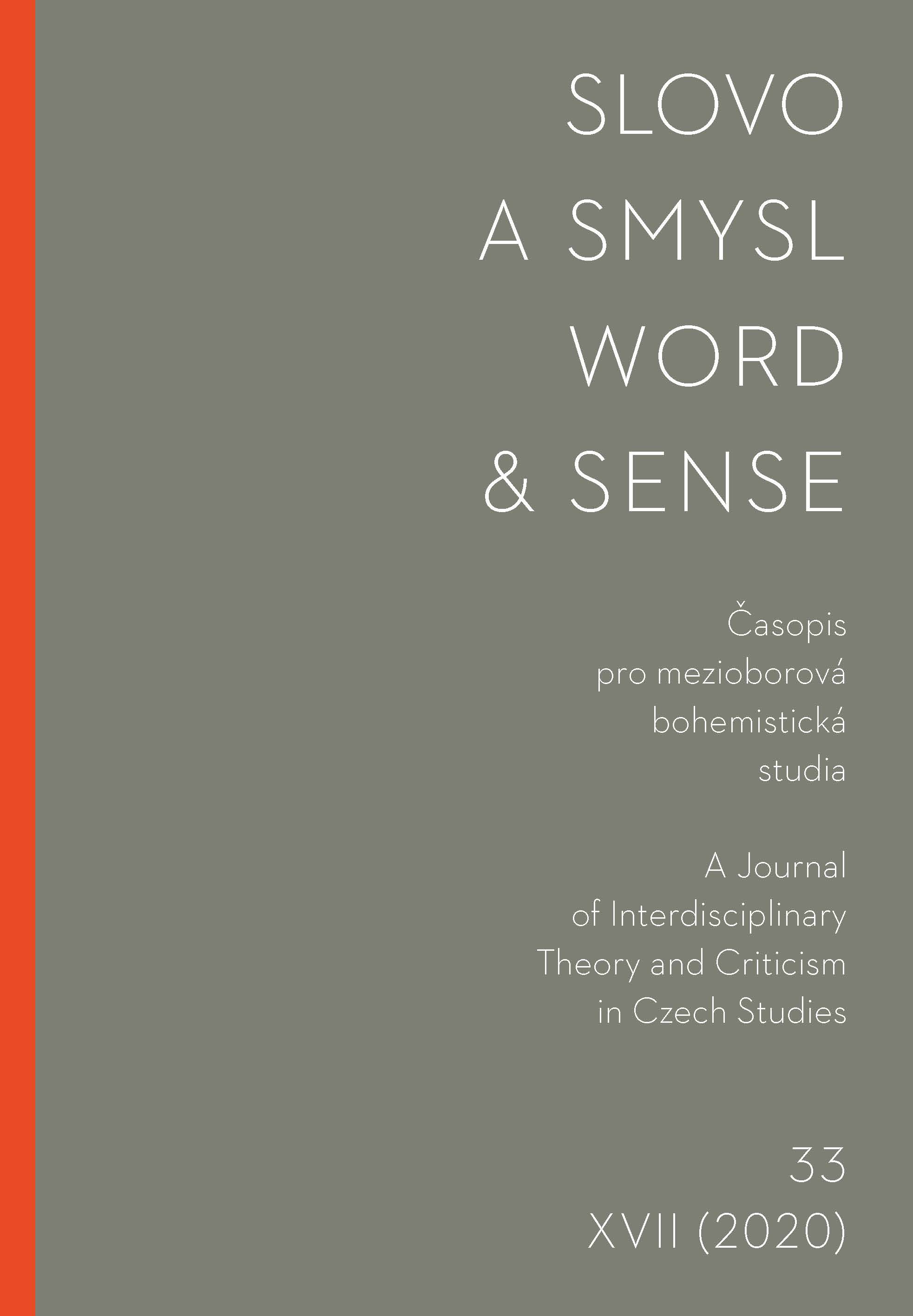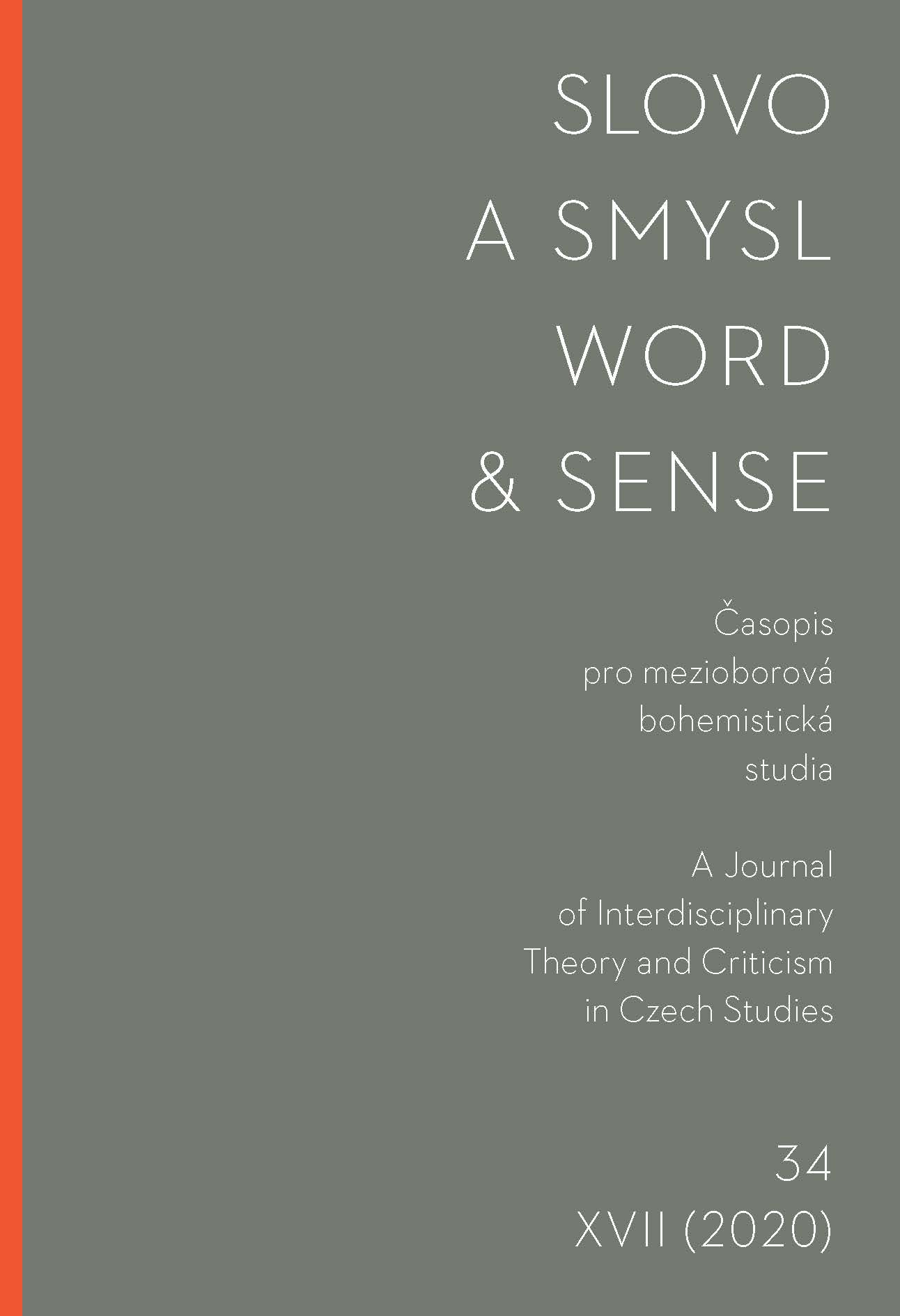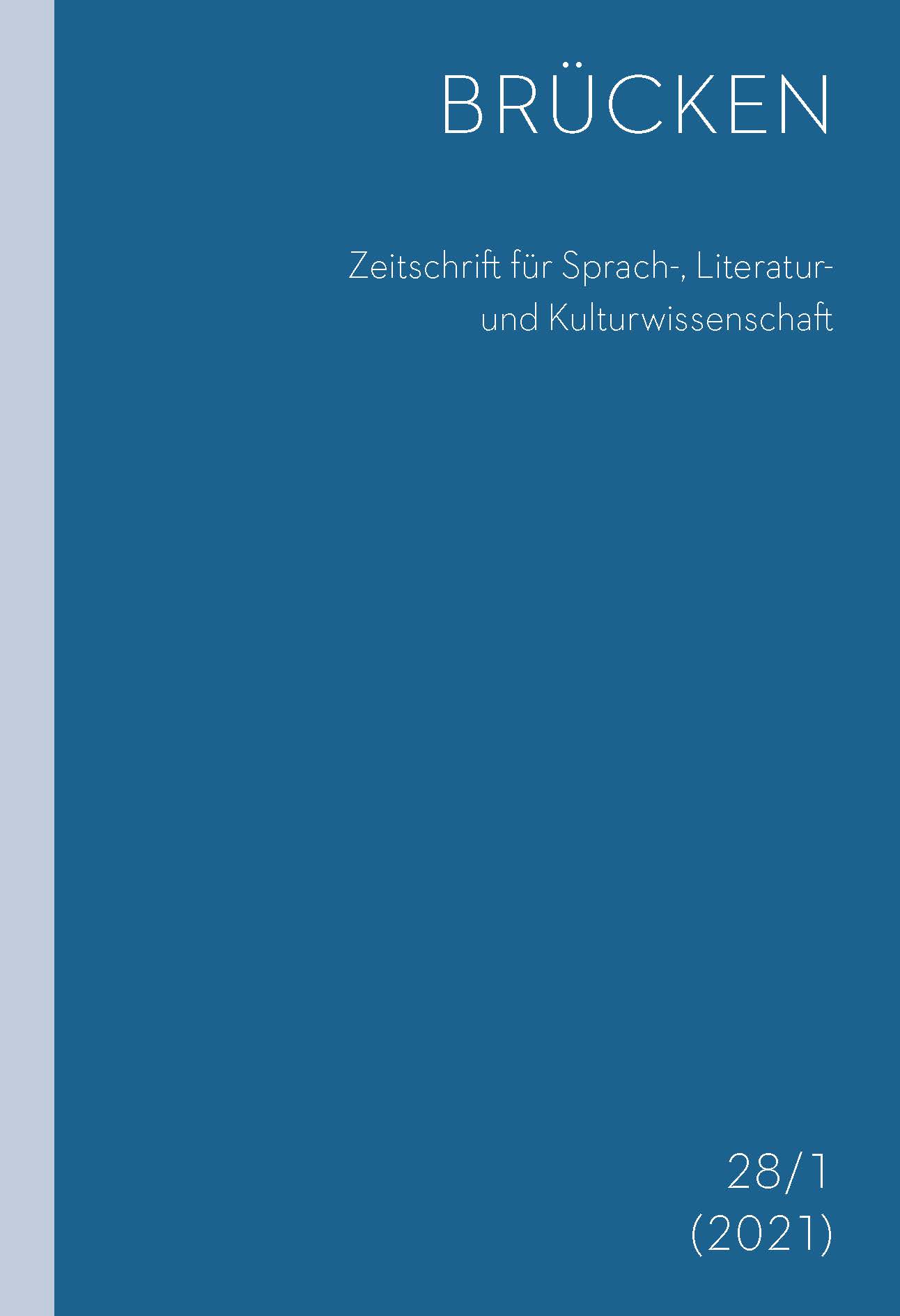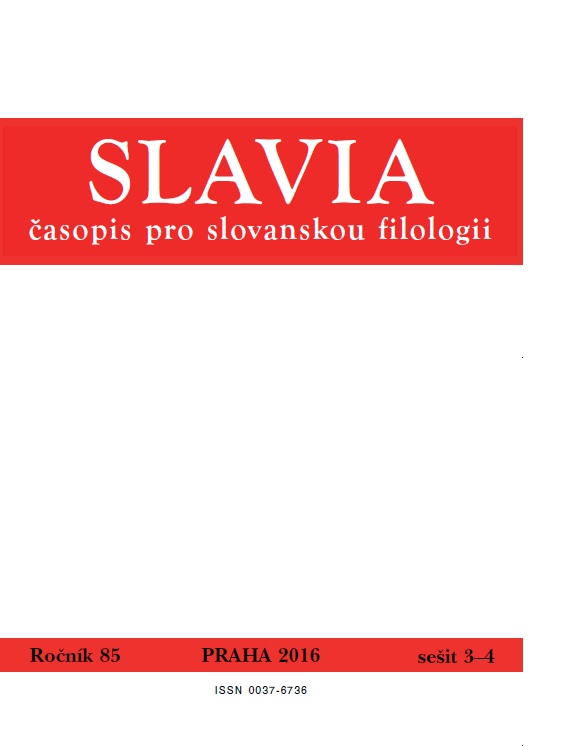
Черното езеро в чешката поезия на ХIХ век
The Black Lake is the biggest lake in the Šumava mountains and as such draws special attention of the Czech poetry, pictorial arts and music during the second half of the 19th century and the first decade of the 20th century. This paper is seeking an answer to a question why this interest emerged exactly in the context of the late Romanticism and what the presuppositions for this fact were. Three main problematic spheres are outlined. The first one is the interrelation between the physical reality of the nature and the conception of landscape in art. The second emphasis is put on the aesthetic and poetical functionality of the image of the lake in the Czech poetry and the influence of Mácha’s model on the forthcoming generations of poets. The third focus is connected with the image of the Black Lake in poems by Eliška Krásnohorská (Černé jezero), Jan Neruda (Romance o Černém jezeře), Adolf Heyduk (U horského jezera), and Jaroslav Vrchlický (Černé jezero). Against the background of the representation of the Black Lake in other poems written by the above-mentioned authors – as locus amoenus, as internal landscape, as historical memory, and as transcendental space, this study offers an attempt to outline the specifics of the imagery structure of this water space that is indicative for each one of them.
More...
